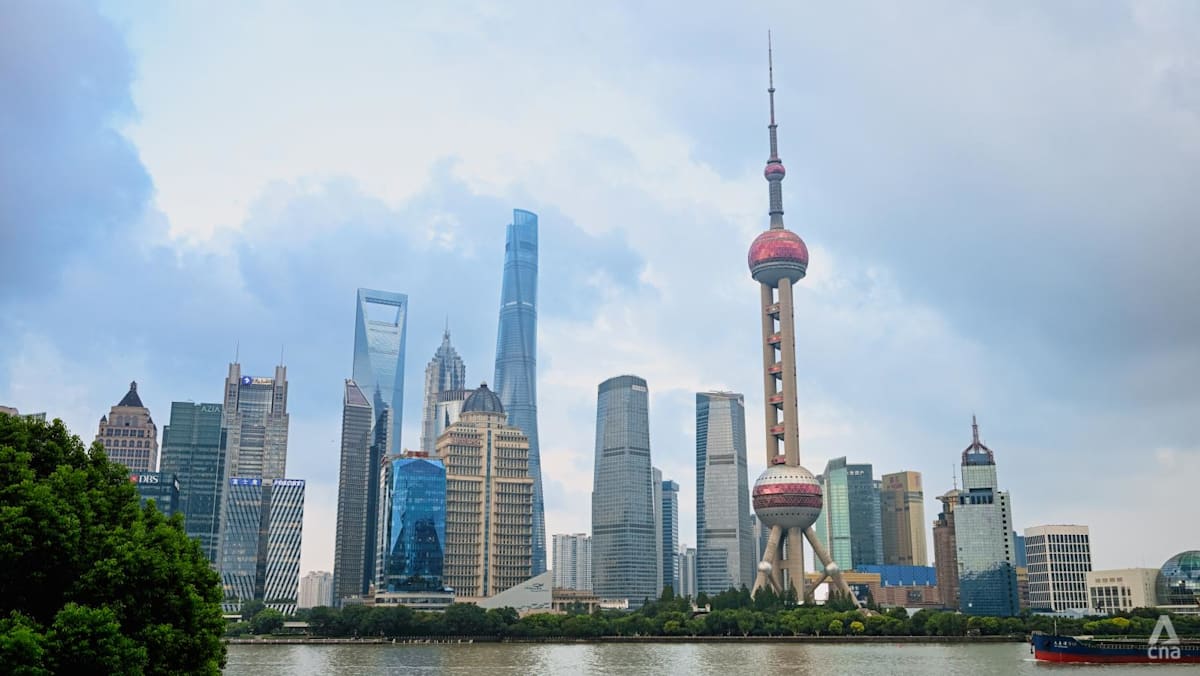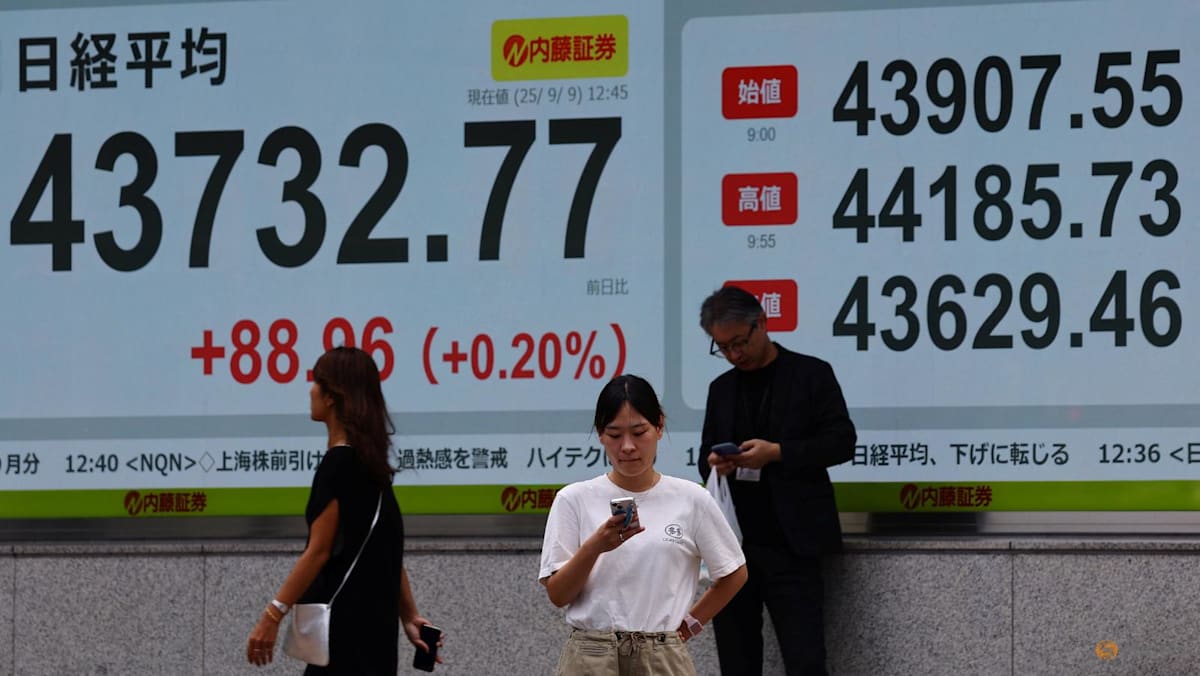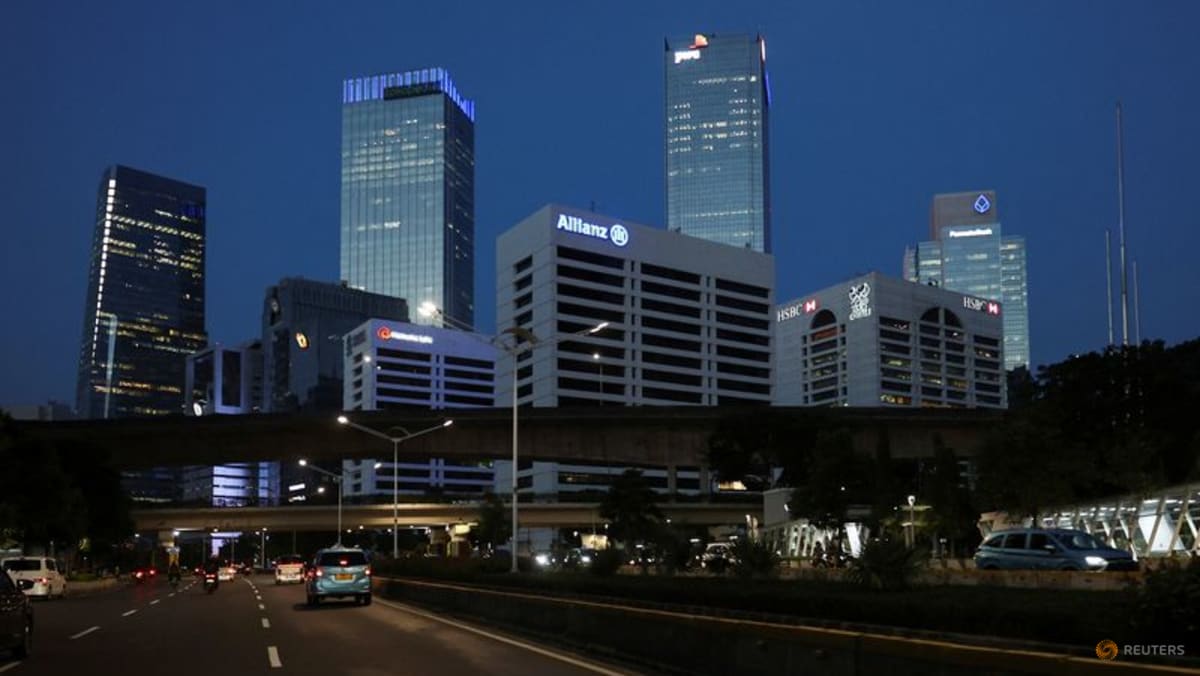In contrast, she said, certain districts in Shanghai have bucked the trend.
“Since 2022 … the prices have even gone up,” she noted. “So it’s considered more as an investable asset rather than a place to live.”
Lin, at The Asia Group, attributed Shanghai’s divergence to structural forces.
“Rich people will always have capital to invest. And because of capital controls, it’s not easy to go outbound,” he said.
“Shanghai has the deepest pool of capital in China with such a concentration of the well-off. If they have to put their money somewhere, I can see some of it coming back into property.”
Even within Shanghai, however, this upturn is narrow and uneven.
Lin described “a much humbler aspiration” among ordinary households: “If the mass market is very concerned about prices going down for their property, then … we’re going to see much more modest consumption habits going forward.”
THE RIPPLE EFFECT – WHY IT MATTERS
The weakness in China’s property market is more than a drag on GDP – it carries social consequences.
For years, housing was a major social anchor – a prerequisite for marriage, a store of family wealth, a trigger for big-ticket consumption. Today, those assumptions are fraying.
Lin puts it down to a generational shift. “When I look at my students, their consumption preferences are quite a bit different than when I first came (to China) 20 years ago,” he said.
“They seem to aspire to experiential spending. And they seem to be less concerned in the accumulation of assets or goods, including property.”
Part of the reason, he suggests, is confidence they will eventually inherit property.
“If that is the case … where people are quite comfortable (and doing) experiential spending, and waiting for their property inheritances, it’s not a good sign for the outlook for future developers.”
Others are simply locked out. Even with home prices falling, many young Chinese still can’t afford to buy.
“The gap between purchasing power, the multiple of your salary, the number of years you had to save up to buy a property … it’s just still too wide for the vast majority of the younger generation,” Lin said.
Wang of Eurasia Group noted how consumption has changed. “Before 2022, the biggest portion of the household consumption is tied to apartments,” she said.
“So for an average Chinese family, if they didn’t buy a new apartment, there would be no big item consumption. Like the aircon, fridge, cars – these are tied with housing and also decoration.”
One apartment purchase, she noted, could trigger half a million yuan in related spending. Now, that ecosystem has atrophied.
“After the housing downturn, after 2022 … (household consumption) is mostly just (on) daily necessities, consumer goods, more services, more cultural goods, and tourism,” she said.
“You can (take) 2,000 trips, but still it doesn’t compare to buying one home and instead (spending) a million on decoration.”














